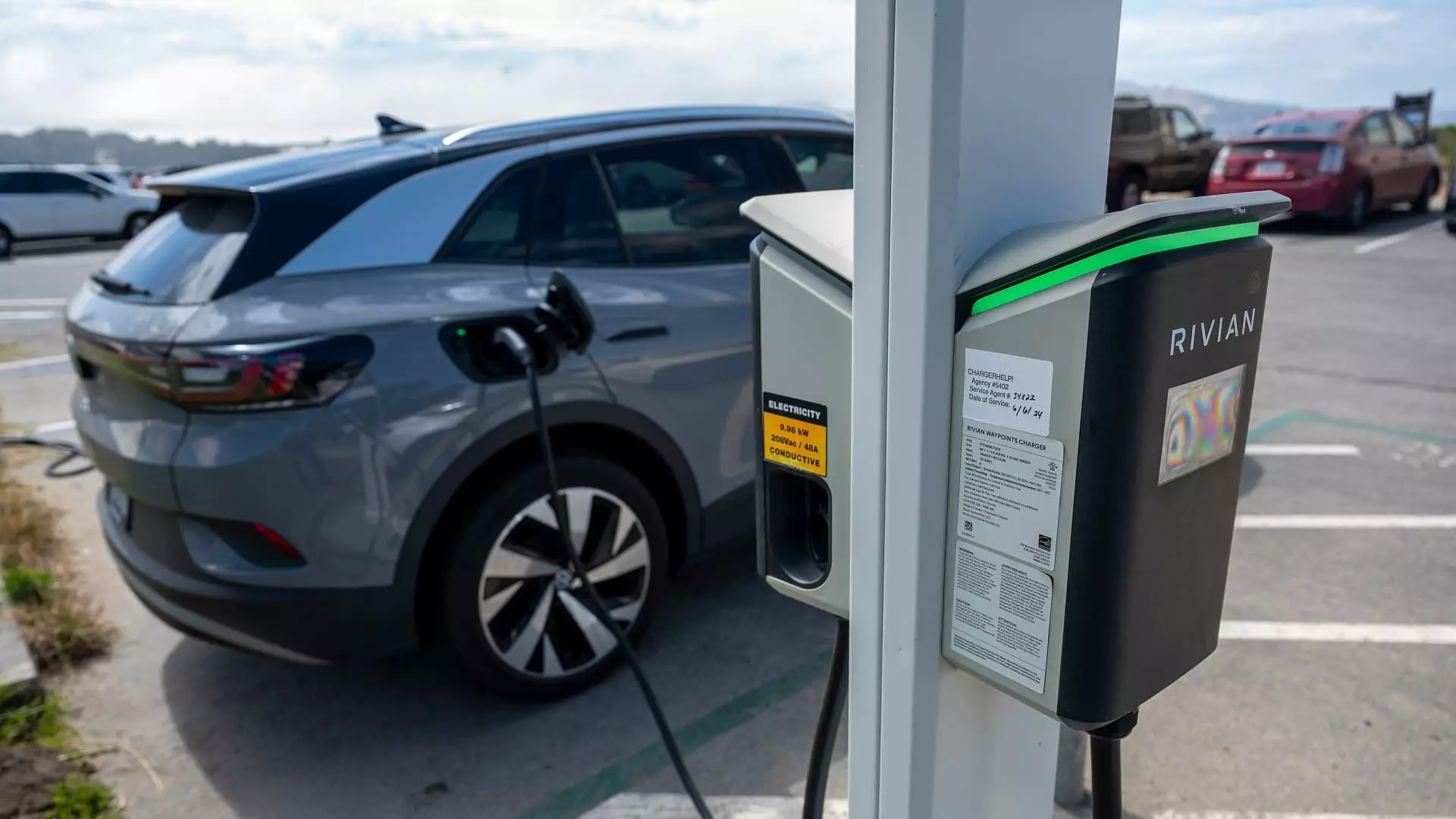Electric vehicles have been touted as a cost-effective alternative to traditional gasoline-powered cars in the long term. While initial purchase prices might be higher for EVs, the lower fuel and maintenance costs can result in a lower lifetime cost compared to gas vehicles. However, several factors come into play to determine whether EVs are truly more cost-effective than gasoline cars.
Experts suggest that as battery prices continue to decrease, electric vehicles are likely to reach cost parity with gas cars. The gap between the average price of a new EV and a gas-powered vehicle has been narrowing, with car manufacturers reducing EV prices and the government providing tax credits to qualifying buyers. While some smaller EVs are already breaking even without incentives, the majority of consumers still pay a premium for electric vehicles.
According to studies, owning an EV can save drivers anywhere from $6,000 to $12,000 over the vehicle’s lifespan compared to a comparable gasoline model. This is primarily due to the reduced need for repairs and maintenance, as EVs have fewer moving parts than traditional fuel cars. Additionally, refueling an EV is significantly cheaper due to higher energy efficiency and lower electricity costs relative to gasoline.
Research conducted by Consumer Reports and J.D. Power found that in most states, EVs outperform gas-powered cars in terms of total cost over a five-year ownership period. However, the extent of financial benefits varies depending on several factors, including location. The total lifetime cost of an electric SUV with a 300-mile range can differ by as much as $52,000 depending on geographic location, primarily influenced by regional disparities in electricity and gasoline prices.
Geographical location plays a crucial role in determining the financial viability of owning an EV. States like Colorado, Illinois, Nevada, and New Jersey offer significant cost savings for EV buyers over a five-year ownership period, as per the J.D. Power analysis. Conversely, in states like Maine and West Virginia, gas-powered cars may be more cost-effective than EVs.
The availability of home charging stations also impacts the cost dynamics of owning an electric vehicle. Public charging stations are generally more expensive, making home charging more financially viable. In areas where residential electricity prices are lower during off-peak hours, such as overnight charging, EV owners can save significantly on fuel costs. Access to home charging can reduce the lifetime cost of an electric SUV by an average of $10,000 and up to $26,000.
While electric vehicles offer potential cost savings over the long term compared to gasoline cars, several factors influence their overall cost-effectiveness. As battery prices decrease and car manufacturers reduce EV prices, the gap between electric and gas vehicles is narrowing. However, the financial benefits of owning an EV heavily depend on the buyer’s location, access to home charging, and regional differences in electricity and gasoline prices. Consideration of these factors is crucial when determining whether an electric vehicle is a cost-effective choice for individual consumers.

